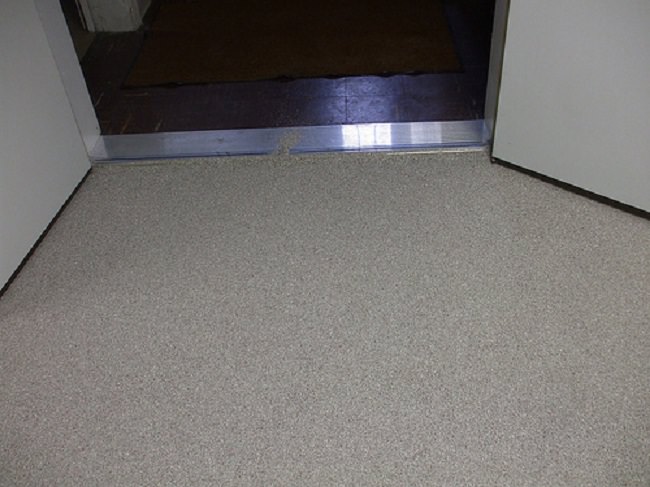Have Questions? Call: (416) 840-2680
REQUEST A QUOTE




Your basement-finishing project is not complete without choosing a basement floor. This can be an overwhelming decision owing to the wide range of flooring options available. There are different materials available and they include carpet, laminate, tile, engineered wood and more. You need to know that the materials you select will have a huge impact on the room's feel, look and overall warmth. Following are some important points to consider when making this important decision.
1. How you will use the space
The first thing you need to consider is the room's function or how you will use the space. This will determine the best flooring materials. You need to establish how well the flooring you select will hold up to moisture and traffic. The material you choose will affect the form and function and the floor you choose for a home gym will be different from that of a home office or an entertainment room. Think about the ceiling height when installing flooring as a thicker floor will affect the space.
2. Waterproofing the basement
It is important to know that the condition of your basement floor will determine the results that you get. If your basement floods, you need to fix the problem before you install new flooring material. Laminate and engineered floors will not work if your basement floods even though the problem is on a small part of the surface. Get professional inspection and waterproofing before you can consider your basement habitable or fit for use.
3. Enhancing the temperature
If you are looking to add warmth to the basement, wall-to-wall carpeting is the best option. This flooring material feels warm to the feet and it can make your space feel cozy. A carpet can act as an insulator protecting you from the cold concrete. If your floor surface is relatively smooth, a carpet or padding can easily be stretched and tacked down directly over the concrete. When you decide to install a carpet, make sure that it covers the entire floor surface. Remember that water will ruin your carpet.
4. Affordable flooring option
If you are looking for an attractive yet affordable flooring option, choose laminate or engineered flooring. These types of floors look great in the basement and while they might be more costly than carpet, they are usually cheaper than ceramic tiles. A beautiful laminate finish will give your space the look of wood and the tough coating will help to ensure durability. Engineered wood is perfect when you want the great finish but it can scratch just like conventional hardwood flooring.
5. Ceramic and vinyl tiles
If you are looking for durability, ceramic and vinyl tiles are the best option. These types of flooring can handle flooding and they are more forgiving on uneven surfaces. This means that you will require less or no leveling to prepare the surface for installation and you can remove and replace any tile that is damaged. You should, however, avoid vinyl sheets because if water gets underneath the material it raises the flooring affecting the appearance.
All in all, when choosing basement flooring, think about all the options you are interested in and consider the durability and comfort of the material that suits your needs. Other factors might come into play but make sure that you choose wisely after evaluating those two main factors in combination with other factors that are unique to your requirements.